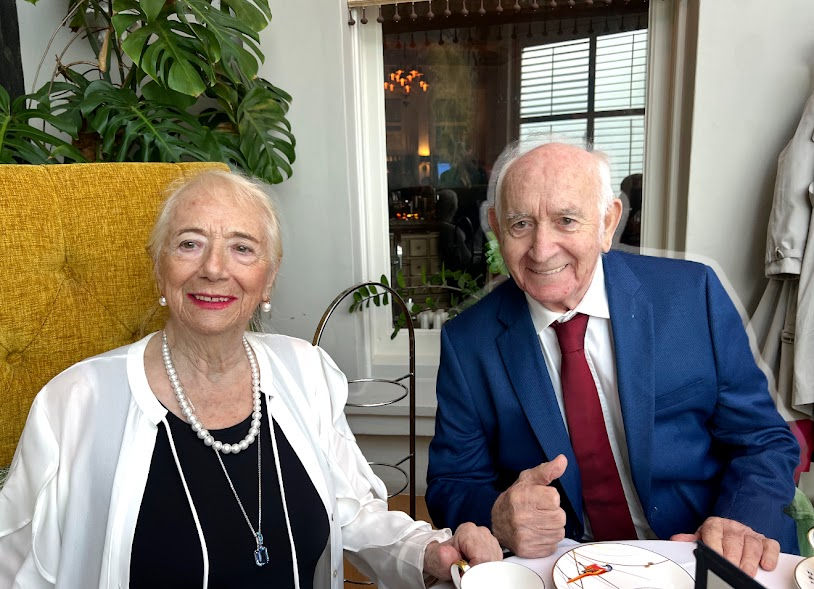Resilience or Nechama? (January 2021)
- richardtuset
- Apr 7, 2021
- 2 min read
Happy New Year!
Those lines seem to have more meaning this year than most of the years I can remember. It is something we have been saying seriously and with meaning. 2021 has simply got to be better, it must be happier than 2020?
With the promised vaccine, there are of course already those signs of life and the possibility of healing and normality looks like it could be with us by the summer. In the meantime, unfortunately we must deal with the realities of Tier 4 restrictions and rising cases of infection. This situation looks set to continue for a while yet, which means we will need to continue to draw on those good things that have come out of the crisis, perhaps most significantly our appreciation and support for key workers and the love and care we have shown to neighbours, especially those who are lonely, vulnerable and in need.
I recently heard Chief Rabbi Mirvis reflecting on, and at least in part, rejecting that key catchall word of 2020, ‘resilience’. The original Latin means ‘to recoil or rebound’ which gives the impression that we can spring back to where we were before, something that experience tells me is rarely possible. When something significant happens in our lives we are changed and life is different, for better or for worse.
The Rabbi suggests the Hebrew word ‘nechama’, which means ‘comfort or solace’ might be a better a choice. Its Biblical usage implies change, recognising that as one emerges from a difficult or traumatic experience, a fundamental change is required. ‘Nechama is about becoming, not overcoming. It is not a process of closure, but disclosure – of a previously dormant perspective which now comes to the fore’.
Looking back on 2020, through the lens of nechama, we are invited to re-evaluate our lives and take control of the way Covid 19 has affected and changed us. In doing this we can empower ourselves to embark on a new year with renewed purpose.
Despite all that has happened, all the difficulties and losses, people tell me of the good things that have come to them during this time, for example, as mentioned above, our appreciation of key workers and renewed community spirit, but also other things, a newfound love of the created world and a renewed interest in spirituality. From my own experience I would echo all of this and would add my delight in coming to Ovingdean in the Autumn of last year, and the warmth of welcome we have received and the beauty and wonder we experienced this Christmas time, despite all the restrictions, worries and concerns. ‘The light shines in the darkness, and the darkness has not overcome it’.
In early January, we celebrate the Feast of Epiphany, when the wise men visited Jesus over 2000 years ago. Epiphany means revelation or insight and I pray that each one of us will receive the gifts needed to get through the coming months and embark on this New Year with renewed purpose and hope.
With love, Fr Richard






Comments